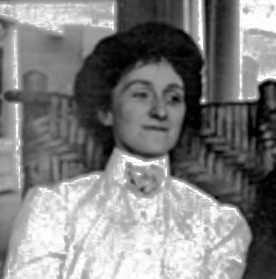 W
WSarah Byrd Askew was an American public librarian who pioneered the establishment of county libraries in the United States. A prominent librarian during the first half of the 20th century, she worked for the New Jersey Public Library Commission for 37 years.
 W
WShifra Baruchson-Arbib is a Full Professor in the Department of Information Science at Bar-Ilan University Israel, specializing in the history and sociology of media. She was the Head of the Information Science Department and has served as the Dean of the Faculty of Humanities at Bar- Ilan University (2015-2016). Her major achievements include her studies in the fields of the "History of Hebrew Books and Manuscripts" and of "Information Science", leading the Department of Information Science; and developing the academic field of Social Information Science.
 W
WArthur Curley was an American librarian who was listed as one of the 100 most important library leaders of the 20th century by journal American Libraries.
 W
WAdele Mongan Fasick is an American author, scholar, professor emerita and former dean of library and information science for the Faculty of Information Studies, University of Toronto.
 W
WAdelaide Rosalie Hasse is listed as one of the "100 most important leaders we had in the 20th century" in the December 1999 edition of American Libraries. She is credited with having developed the Superintendent of Documents Classification system used by the Government Printing Office and Federal Depository Library Program.
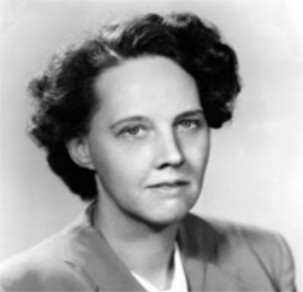 W
WFrances E. Henne was an American librarian. During a time when many women received very little education, Henne pursued a life of education and became a leader and expert in creating standards for school librarians. In 1999, American Libraries named her one of the "100 Most Important Leaders We Had in the 20th Century."
 W
WVirginia Lacy Jones was an American librarian who throughout her 50-year career in the field pushed for the integration of public and academic libraries. She was one of the first African Americans to earn a PhD in Library Science and became dean of Atlanta University's School of Library Sciences.
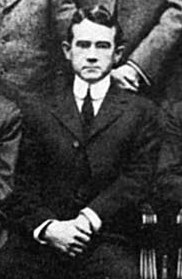 W
WHarry Miller Lydenberg was an American librarian, author and book conservationist. He is best known for his decades-long career as a librarian and eventual director for the New York Public Library, American liaison to the international library community, as well as one of the 100 most important library innovators of the 20th century. His written works describe his preferred library reference, collection and conservation practices, as well as his knowledge of the New York Public Library.
 W
WAllie Beth (Dent) Martin was an American librarian, educator, politician, and author. In 1990, she was named one of the 100 most influential people in the field of library science by American Libraries. She was the first director of the Tulsa City-County Library, from 1963 until her death, and was known for her ground-breaking library improvement programs.
 W
WFrederic Gershom Melcher was an American publisher, bookseller, editor, and a major contributor to the library science field and book industry. He is particularly known for his contributions to the children's book genre, including the Newbery Medal and Caldecott Medal. Melcher was named as one of the most important 100 leaders in the library science field in the 20th century in an American Libraries article and has been described as "the greatest all-round bookman in the English-speaking world".
 W
WCarl H. Milam held many positions and made many contributions to the field of American library science. He was noted in an issue of American Libraries as one of the one hundred "most important leaders we had in the 20th century". Known mostly for his lengthy career at the American Library Association (1920–1948), he served as a leader in the association and earned the title “Mr. ALA”. Mentioned throughout the pages of A History of the American Library Association 1876-1972, Milam has proved to be an influential figure in his long history at the ALA and in the field of librarianship. He was at the forefront in providing ideas, public relations strategies, services throughout World War I and World War II, and work in the international field.
 W
WClive Phillpot is a specialist on artists' books, essayist, art writer, curator, and a librarian. Phillpot started his library career at the Charing Cross Public Library in London.
 W
WEffie Louise Power was a children's librarian, educator, author, and storyteller. She encouraged children's book production and evaluated children's literature. She “directly influenced the development of services to children in three major United States cities: Cleveland, St. Louis, and Pittsburgh.” Power also traveled across the U.S. lecturing students and librarians on children and youth library services. She worked to build a network of children's librarians across the country who supported each other and established high standards for all in the profession.
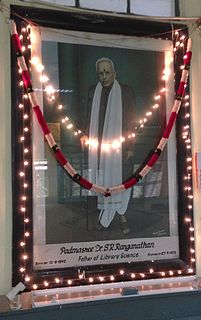 W
WShiyali Ramamrita Ranganathan (S.R.R.) was a librarian and mathematician from India. His most notable contributions to the field were his five laws of library science and the development of the first major faceted classification system, the colon classification. He is considered to be the father of library science, documentation, and information science in India and is widely known throughout the rest of the world for his fundamental thinking in the field. His birthday is observed every year as the National Librarian's Day in India.
 W
WMinnie Earl Sears formulated the Sears List of Subject Headings, a simplification of the Library of Congress Subject Headings. In 1999, American Libraries named her one of the "100 Most Important Leaders We Had in the 20th Century".
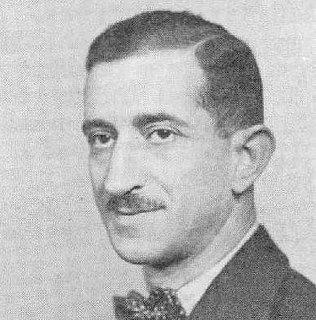 W
WRalph Robert Shaw was a librarian, a publisher, and an innovator in library science. In 1999, American Libraries named him one of the "100 Most Important Leaders We Had in the 20th Century".
 W
WJesse Hauk Shera was an American librarian and information scientist who pioneered the use of information technology in libraries and played a role in the expansion of its use in other areas throughout the 1950s, 60s, and 70s.
 W
WPeggy Sullivan was an American librarian and educator. She was elected president of the American Library Association and was a scholar of the history of librarianship.
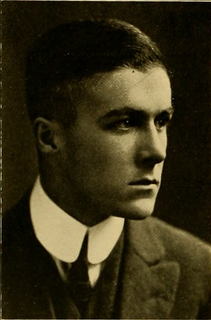 W
WDouglas Waples was a pioneer of the University of Chicago Graduate Library School in the areas of print communication and reading behavior. Waples authored one of the first books on library research methodology, a work directed at students supervised through correspondence courses. Jesse Shera credits Waples’s scholarly research into the social effects of reading as the foundation for the approaches to the study of knowledge known as social epistemology. In 1999, American Libraries named him one of the "100 Most Important Leaders We Had in the 20th Century".
 W
WConstance Mabel Winchell was an American librarian. Winchell worked at Columbia University for thirty-eight years before retiring in 1962. She is best remembered for producing the seventh and eighth editions of the Guide to Reference Books. In 1999, American Libraries included Constance Winchell in a list of 100 most influential individuals in the field of library and information science.